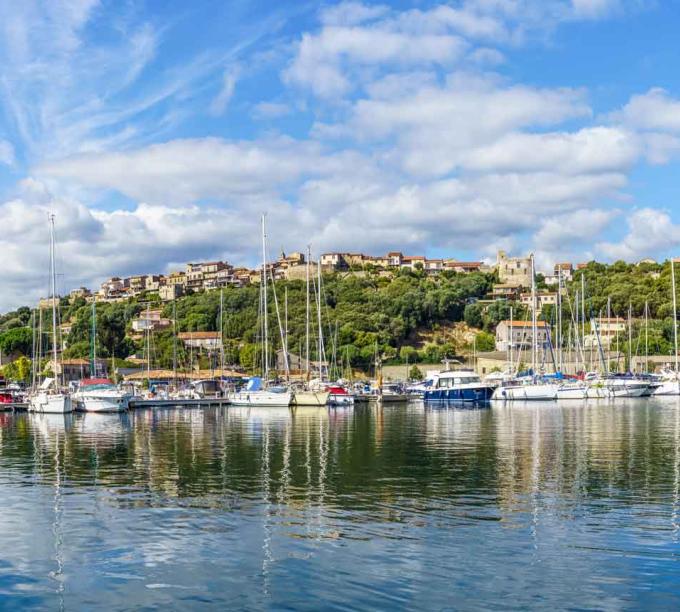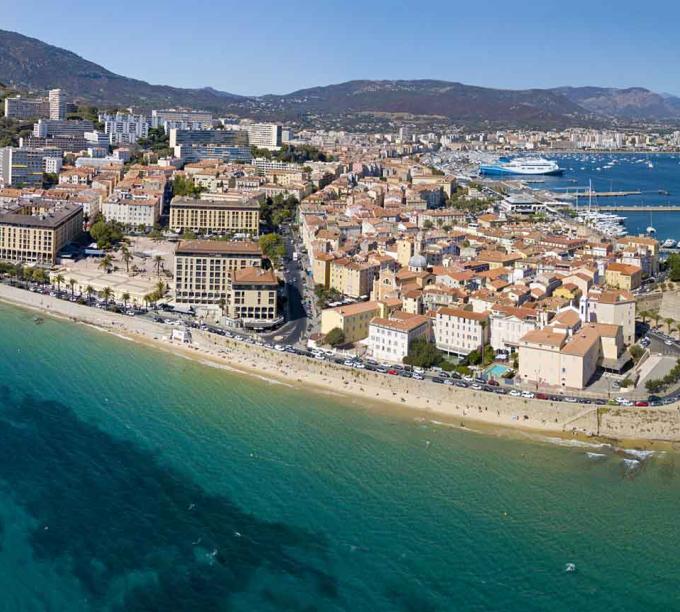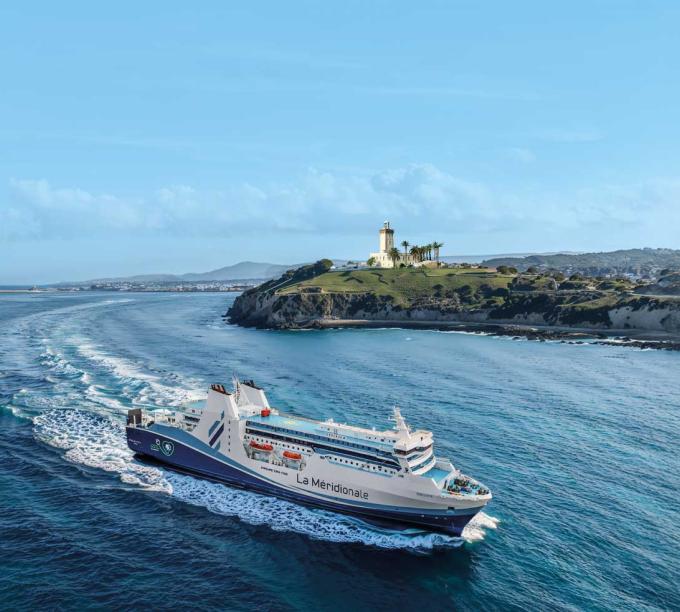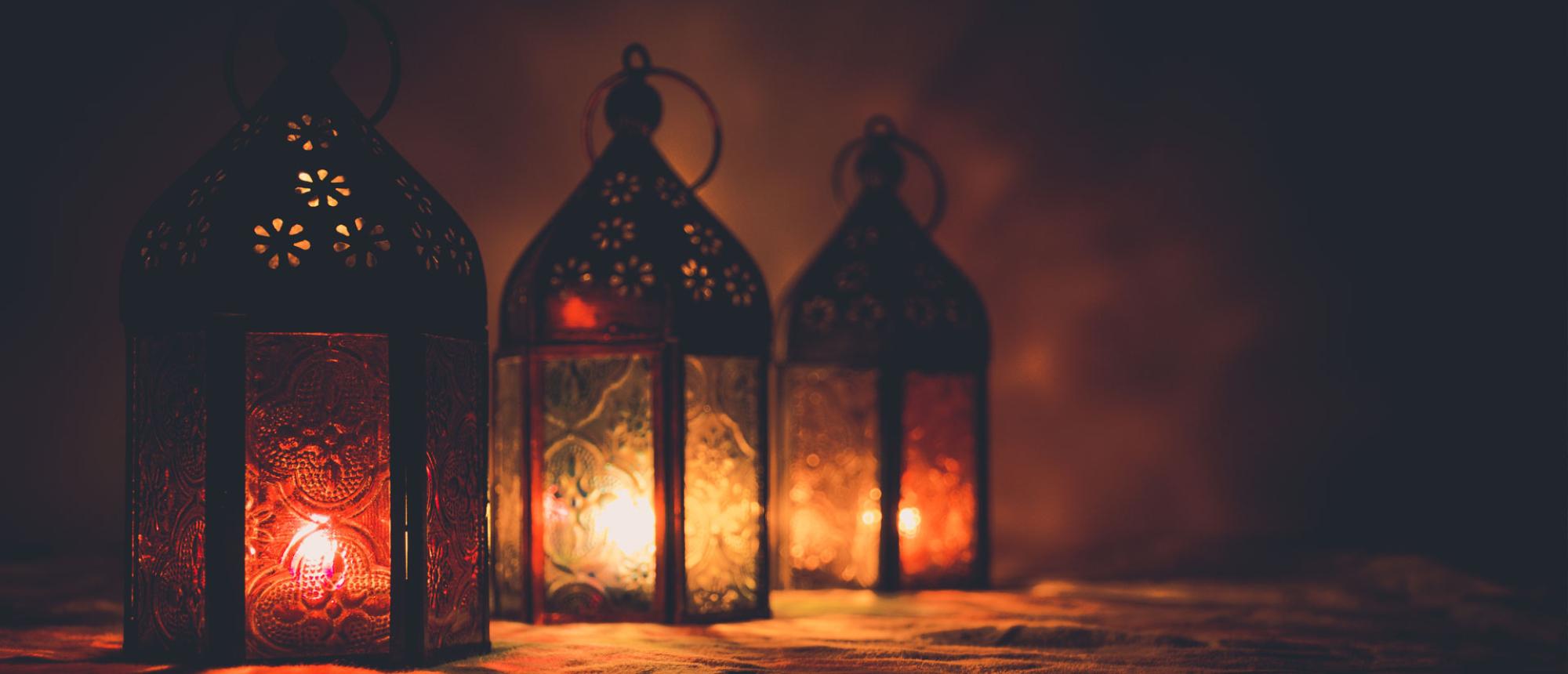
Ramadan in Morocco
Travelling during Ramadan in Morocco is an intense experience. The tourist sites are deserted and the streets are almost empty during the day, then come alive at dusk. Behind the windows of houses, you can smell the harira and hear the conversations of families who have gathered to break their fast.
Embark on one of La Méridionale's ships for Tangier to discover the fervour that animates the country during this particular month.
Ramadan 2026 : du 17 février au 19 mars
Afin de poursuivre votre Ramadan en toute sérénité lors de votre traversée Marseille-Tanger Med, nous modifions les horaires de notre restaurant et ajustons nos offres :
- Petit déjeuner : disponible avant le lever du jour
- Déjeuner : le restaurant est ouvert à ses horaires habituels
À l'heure du Ftour (en plus de notre offre habituelle), harira, dattes, œufs et pâtisseries orientales sont à savourer pour vous aider à rompre le jeûne en toute quiétude.
- Dîner : possibilité d'emporter un repas pour la nuit (en remplacement du déjeuner)
Le soir, le salon bar et le restaurant en self-service jouent les prolongations en fonction de l'affluence.
What is Ramadan?
PA simple answer to the question "What is Ramadan?" is that Ramadan is one of the five pillars of Islam, alongside prayer or the pilgrimage to Mecca.
The story of Ramadan says that in the ninth month of the year, called Ar-Ramad in Arabic, the Angel Gabriel appeared to Mohammed to reveal the Koran to him. Ever since, Muslims all over the world fast from sunrise to sunset to commemorate this event.
Ramadan, in Morocco or elsewhere, lasts for one month (29 or 30 days). This holy or blessed month, as the faithful call it, begins on the first day of the ninth month in the Hijri calendar. As it follows the lunar cycle, its date changes every year. The first and last day are set by observing the moon, on the night of doubt.
To gain a better understanding of what Ramadan is, bear in mind that there's more to it than fasting. These four weeks are devoted to prayer, self-reflection and generosity. Believers are encouraged to behave in an exemplary manner, reflect on their past conduct and do good deeds. Therefore, at the end of the month, households that can afford it pay zakât — al-Fitr, the alms that mark the breaking of the fast. This donation to the poor may be in kind or take the form of money, paid through a charity or the mosque.
Moroccans make the most of Ramadan to get together. People customarily invite and visit their extended family and friends to break the fast. After the meal, children and adults gather in the lounge to watch shows and TV movies made especially for the occasion.
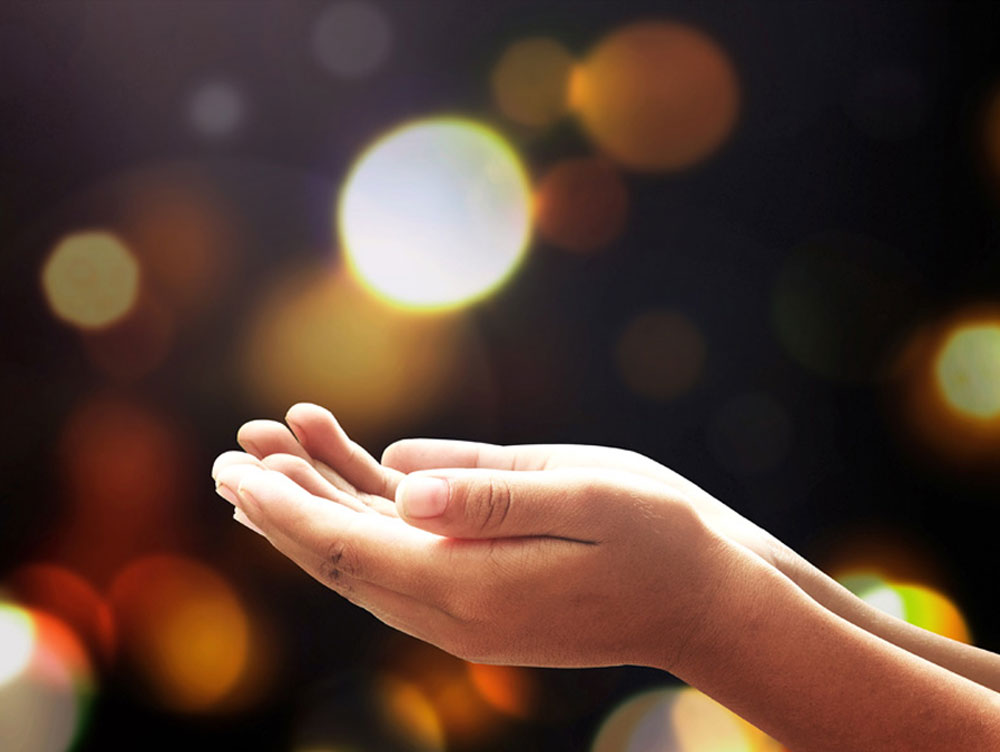

What are the rules of Ramadan?
During the 30 days of Ramadan, the faithful cannot eat, drink or smoke from dawn to sunset. The only believers exempt from this rule are people who are ill, children and pregnant women.
The religious texts also forbid sexual relations and make-up during the day. Throughout the month, people have to refrain from swearing and gossiping. Prayer and reading the Koran are encouraged on the other hand.
Observing Ramadan in Morocco is not a legal requirement, even for practising Muslims. Anyone can choose whether or not to fast, in accordance with their faith. However, the practice is very widespread in the north and south of the country. It is rooted in the history of Morocco. The religious festival has become a tradition and a social rite.
The Moroccan Penal Code (Article 222) prohibits Muslims from eating, drinking or smoking in public in the daytime during the month of Ramadan. This provision, made before Moroccan independence, does not apply to tourists. Tourist attractions and museums welcome visitors, but adapt their opening times. So you can explore Marrakech, Ouarzazate or the Valley of Roses during Ramadan. Restaurants remain open. The only thing is, you might feel a bit lonely there!
A typical day in Ramadan in Morocco
Days in Ramadan in Morocco revolve around prayers, the ones the faithful say five times a day and the ones proclaimed by the muezzin, marking the beginning and end of the fast.
Moroccans get up before dawn and the first call to prayer. They make the most of those few minutes to eat shour (sometimes written suhoor or sahur). This breakfast can be light, consisting of a glass of milk and dates, or more filling with bread, pancakes and mint tea.
As soon as the muezzin's voice is heard, no drinking or eating is allowed until dusk. But being idle is out of the question. Life goes on, with daily prayers, professional obligations and family duties.
At nightfall, cannon fire and the call to prayer let people know it's time to break the fast. It's time for ftour (or iftar). On the way out of the mosques, this meal is offered to the poor and those who have come to pray. If you are travelling in Morocco during Ramadan, slip into the crowd to taste traditional dishes and feel the believers' fervour.
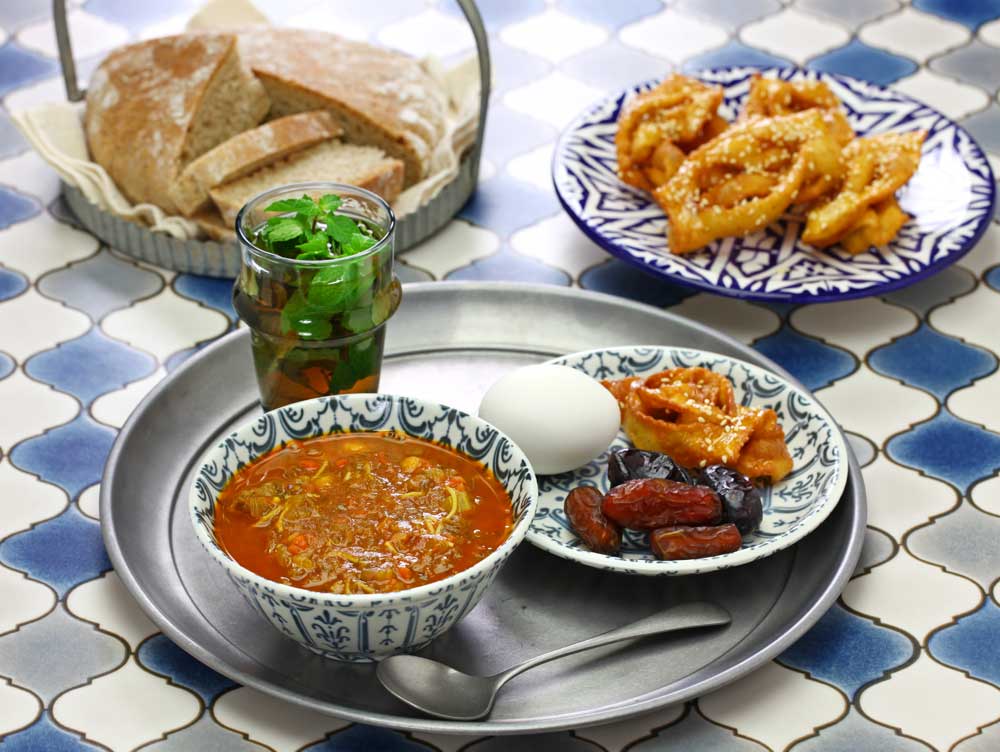

What to eat during Ramadan
From Tangier to the edges of the Western Sahara, nobody wonders what to eat during Ramadan. The tradition in Morocco is to break the fast with harira. This Andalusian soup made of meat, legumes, tomatoes and onions can be found on tables all over the country. As well as being flavoursome, it helps to rehydrate the body and restore strength.
Ramadan in Morocco is also an opportunity to taste zaalouk as a starter. Before the tajines, couscous and pastillas, people enjoy this aubergine caviar with garlic and cumin.
Although the religious texts recommend eating moderately during Ramadan, in Moroccan culture you can't totally avoid cakes and pastries.
People round off dinner with briwates, a pastry parcel filled with almonds and flavoured with cinnamon and orange blossom, or with chebakias, a rolled cake with honey and sesame.
If you want to visit Morocco in a different way or join your family there for holy month, book your crossing with La Méridionale. Our ferries connect Marseille and Tanger Med all year round.

